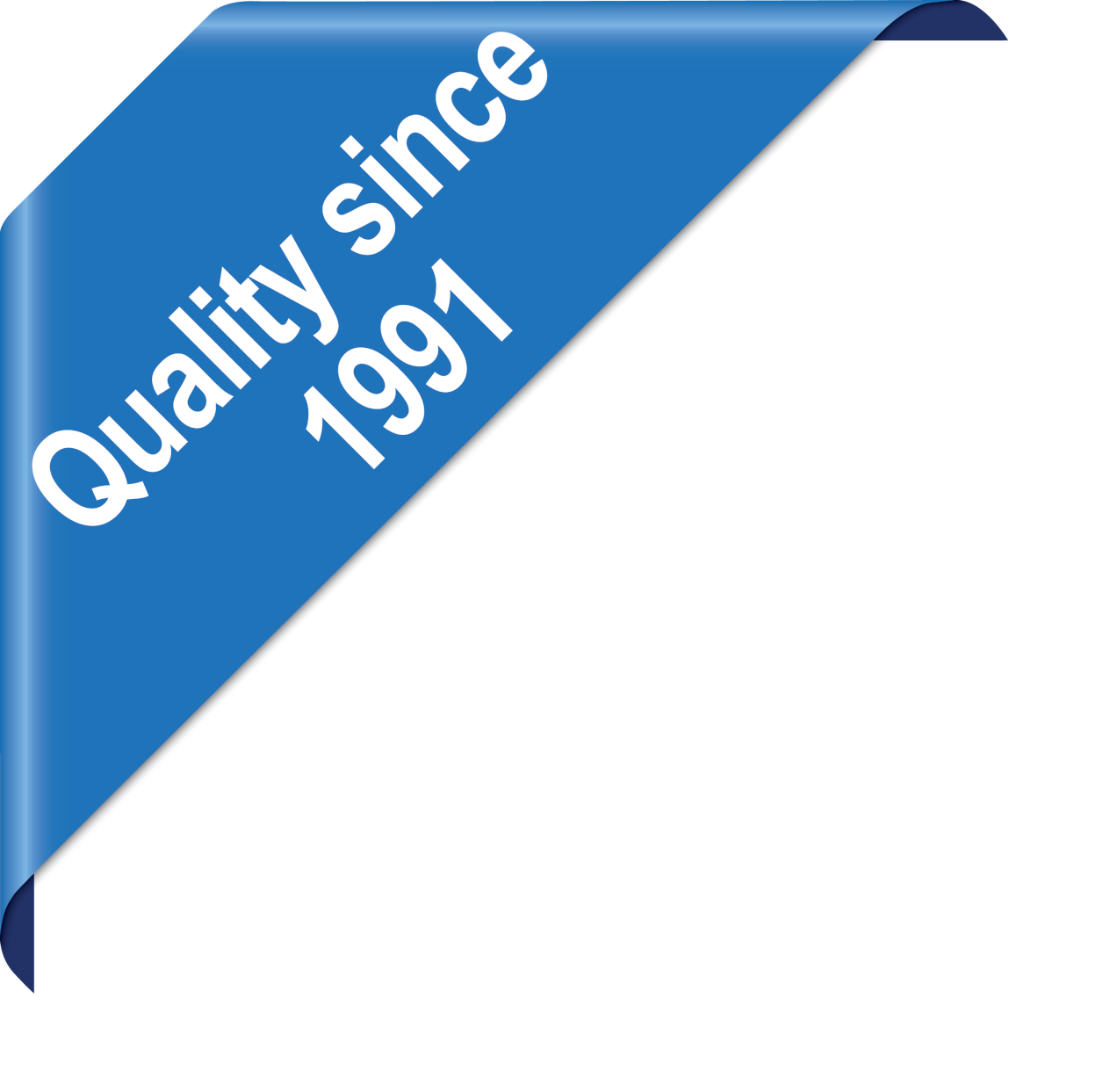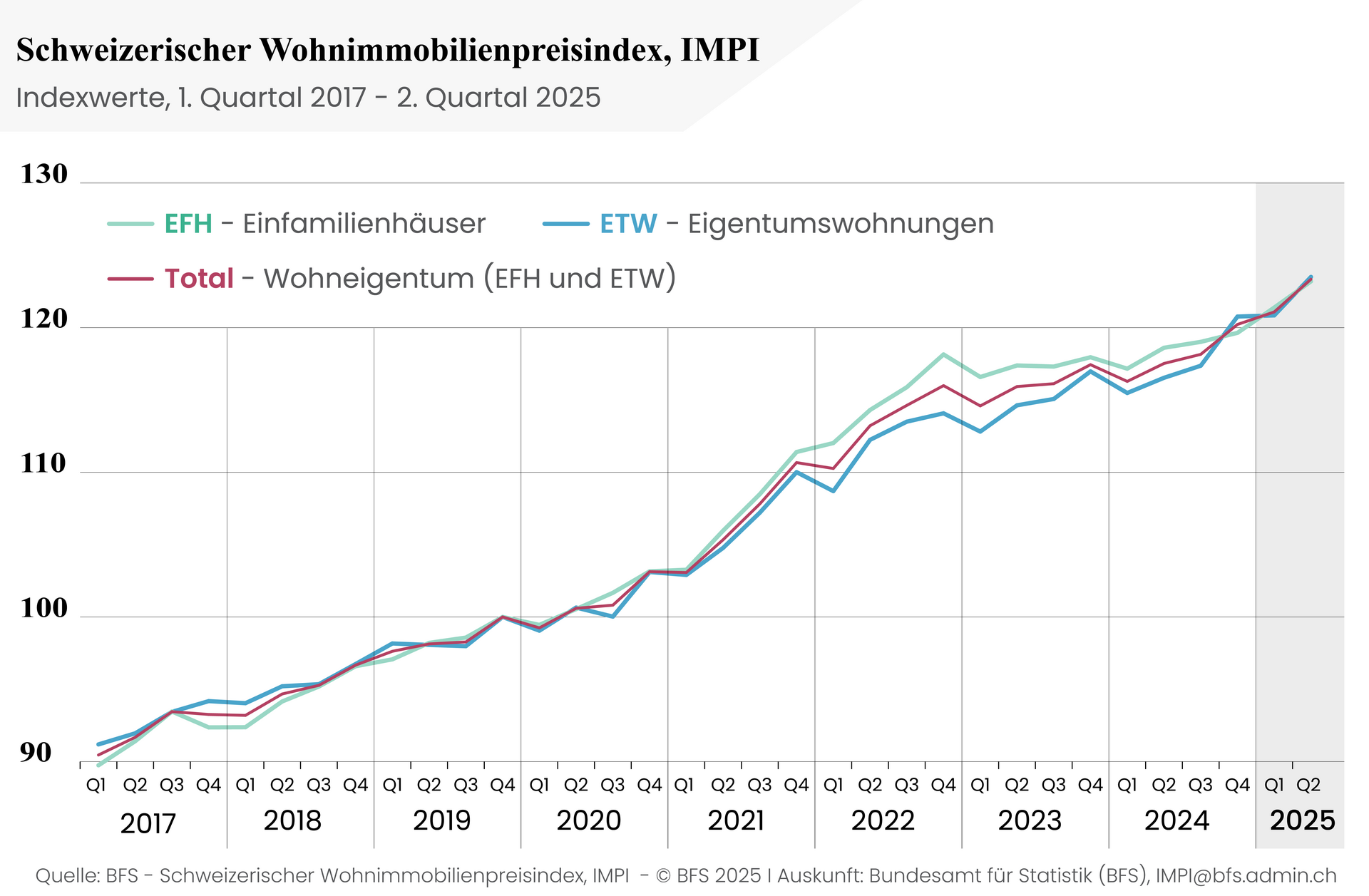
Educational advancement: Can social advancement be planned through education?
Many students and their families from less educated backgrounds hope to earn a higher salary through educational advancement. Some even want to join the small stratum of the social elite.
But is social advancement through education predictable, and if so, how can it be planned? We provide answers to these questions in the following article.
Start your grammar school preparation course now to advance to grammar school!
Table of contents
- Educational advancement as hope for better salary
- Origin determines educational opportunities
- Formerly law at Uni Bern and Zurich - today economics at HSG St. Gall
- Copy the advantages of the upper class
- Advancement as an entrepreneur and employed manager is also possible
Educational advancement as hope for better salary
Real wages in Switzerland have been stagnating for years. Although there was a 0.7 per cent increase in 2024, real wages are still only slightly above 2015 levels due to the decline in previous years. This stagnation in real wages is particularly noticeable in the lower and middle income brackets. This is because rents are rising and rising, by 25 per cent over the last 20 years. Health insurance contributions are also getting higher and higher. As a result, the purchasing power of many Swiss people is getting weaker and weaker.
In Switzerland, fewer and fewer people are able to fulfil their dream of owning their own home. This is not least because property prices for detached houses and flats have also been moving in only one direction in recent years: upwards. In the canton of Zurich, land prices have risen by as much as 300 per cent over the last 20 years.
It is therefore understandable that children from educationally disadvantaged families in the lower and middle income brackets try to climb the educational ladder in order to obtain a university degree. With a university degree in their pocket, they hope to earn a better salary that will allow them to maintain or, at best, exceed their parents' standard of living.
Biologist Peter Turchin, who uses mathematical calculations to research historical correlations, would see the increase in educational advancement as a sign of crisis if the motivation were to get a piece of the elite's pie because the pieces of pie for the lower classes are getting smaller and smaller.
When societies are in a state of decay, it can be observed how the existing elites have set in motion the so-called wealth pump, which they use to divert the wealth generated by rising economic productivity to themselves – for example, through tax breaks. This leads to the impoverishment of the masses, and more and more people from the lower classes try to join the elite themselves in order to get at least a share of the pie back. This can also be observed in the increasing number of master's and doctoral degrees awarded by universities, as reported in the September 2025 issue of NZZ Folio on the subject of elites. The result would be a surplus of elites, with the new elites trying to oust the old elites, which has only been successful in 10 to 15 per cent of past crises without bloody revolution or civil war.
Origin determines educational opportunities
But social advancement through education is not that simple. Although the opportunity for educational advancement exists in Switzerland, the Swiss educational mobility is low. This is because, to this day, social background plays a major role in educational opportunities. Children of academics in Switzerland are twice as likely to obtain a university degree as children of non-academic parents, according to findings published in the Tagesanzeiger newspaper based on data from the University of Bern's TREE study.
According to the analysis by the Tagesanzeiger newspaper, children from educationally disadvantaged backgrounds have little chance of social advancement through education. And since one's background cannot be planned, educational advancement can only be planned to a limited extent. One of the reasons given for the importance of background is that non-academic parents do not motivate their children to transfer to grammar school. However, this is countered by the fact that people also need to show initiative in life, which is why it depends on the individual case whether a child from an educationally disadvantaged background strives for a grammar school leaving certificate on their own motivation and does everything possible to transfer to grammar school.
Formerly law at Uni Bern and Zurich - today economics at HSG St. Gall
Anyone who not only wants to maintain the standard of living they know from their parents, or improve on it somewhat, but wants to reach the very top, to join the economic elite of top managers, generally needs a university degree these days.
While in 1910, 33 per cent of business leaders did not have a university degree, in 2010, only 12 per cent did not have a degree. Today, this figure has fallen even further, leading to the conclusion that without a degree, it is impossible to reach the top levels of corporate management.
However, educational advancement alone is not enough; you also need to study the right subject at the right university in order to become a top manager later on. In the past, the law faculties of the Universities of Zurich and Bern were considered to be training grounds for the economic elite. In the mid-20th century, a quarter of Switzerland's business leaders had a law degree. Today, it is the University of St. Gallen (HSG) that trains top managers, but no longer in law, but in economics. Afterwards, it is advisable to do a Master of Business Administration (MBA), for example at an elite US university such as Harvard.
But it is not only your studies that are decisive for your future career, but also the company you start working for. A study has shown that there are only 20 companies where most of the world's top managers started their careers.
So, climbing the educational ladder to join the elite is definitely something you can plan for. After all, you can plan which university you want to attend after secondary school. You can also choose which company to apply to after graduation in order to lay the foundation for your future career in top management. However, whether you will actually be hired by your desired company cannot be planned.
Copy the advantages of the upper class
However, there are other obstacles to overcome when it comes to educational advancement from the lower classes. Children from the upper class have advantages over children from the lower classes in school, university and careers, when it comes to getting a top job at the end of the day. And these advantages should be emulated by children from the lower and middle classes if they want to advance.
For example, there is a study that shows that applicants from the upper class are more successful in job interviews because they tend to be overconfident and this overconfidence is well received by companies. Applicants from the lower and middle classes should therefore learn to present themselves with great self-confidence.
Furthermore, children from the upper class often have the advantage that their social environment knows exactly what steps are needed to get the desired top job, because this environment itself already works in these top jobs. Children from the upper class therefore benefit from insider knowledge. Children from lower classes are therefore well advised to try to get into the upper class, for example by joining a tennis, sailing or golf club or by joining a student fraternity.
Advancement as an entrepreneur and employed manager is also possible
However, one can also rise to the upper class not only through education and well-qualified jobs, but also as a successful entrepreneur. One does not necessarily need a grammar school leaving certificate to do this. Above all, one needs start-up capital, a willingness to take risks, business acumen and success with the business idea. If one rises in society not through more education, but through more income, one also speaks of income mobility.
Income mobility is much higher in Switzerland than educational mobility. This is also due in particular to the dual education system in Switzerland, which allows entry into well-paid jobs after an apprenticeship. However, the dual education system also privileges the upper classes, for example when rich families buy a company for their child and this offspring, who has just finished an apprenticeship, is made the boss of the company they have just bought in the blink of an eye.
Nevertheless, the scientist Veronica Schmiedgen believes that the dual system is the main driver of income mobility in Switzerland. Many income earners have passed the higher vocational examination (HFP) in their profession, also known as the Swiss master's diploma. This path is possible without a vocational maturity examination and is of course also open to employees.
One can therefore rise through the ranks in Switzerland without a Matura, at least in terms of income, because with the HFP one is even qualified to manage a company. However, this path does not lead to the top jobs at the top levels of the big corporations. Those who want to take the path to top management from a vocational training course usually cannot avoid a university degree, which can also be obtained as a vocational graduate after completing a vocational baccalaureate school (BMS) and passing the Passerelle supplementary examination. So, with a vocational qualification, educational advancement in Switzerland is also possible and can be planned, but this path is more complicated.
Start now with a BMS preparation course!
Sources
- Gymnasium Preparation Zurich - Preparatory courses for every need - Lern-Forum (last accessed: September 6, 2025)
- Tenants Association - Rents are too expensive: Tenants' association launches rent price initiative (last accessed: September 6, 2025)
- Index values (Base: Q4 2019 = 100) - 2017-2025 | Chart (last accessed: September 6, 2025)
- Tenants Association - Rents are too expensive: Tenants' association launches rent price initiative (last accessed: September 6, 2025)
- Peter Turchin warns: Excess elites cause societies to collapse (last accessed: September 6, 2025)
- This is how bad the situation is with equal opportunities in Switzerland - SWI swissinfo.ch (last accessed: September 6, 2025)
- Equal or unequal opportunities in education? - Lern-Forum (last accessed: September 6, 2025)
- Elite research in Switzerland: Felix Bühlmann explores the powerful (last accessed: September 6, 2025)
- Study: People from higher social classes tend to overestimate themselves – and this goes down well | STERN.de (last accessed: September 6, 2025)
- Salem Castle: From state school to elite boarding school – an experiment (last accessed: September 6, 2025)
- Here's your chance of moving up into the upper class - 20 minutes (last accessed: September 6, 2025)
- Swiss dual education system offers opportunities not for all - Lern-Forum (last accessed: September 6, 2025)
- Social advancement in Switzerland: Only very few make it from the bottom to the top | Tages-Anzeiger (last accessed: September 6, 2025)
- Professional examination BP, Higher professional examination HFP -berufsberatung.ch (last accessed: September 6, 2025)
- Registration for BMS exam prep - Lern-Forum (last accessed: September 6, 2025)
Teaching artificial intelligence in schools?
Should artificial intelligence be taught in schools? So far, AI is not part of the curriculum. AI skills becoming increasingly important in education, careers.
New Vocational Baccalaureate Regulation 2026: key changes
New Vocational Baccalaureate Regulation 2026 come into force 1 March 2026. We outline the key changes here, including the Vocational Baccalaureate 2030 project.
More unemployed academics: trend no cause for concern
Although there are more unemployed academics in Switzerland, no reason to worry that – due to AI, e.g. – the only jobs available will be in the skilled trades.






